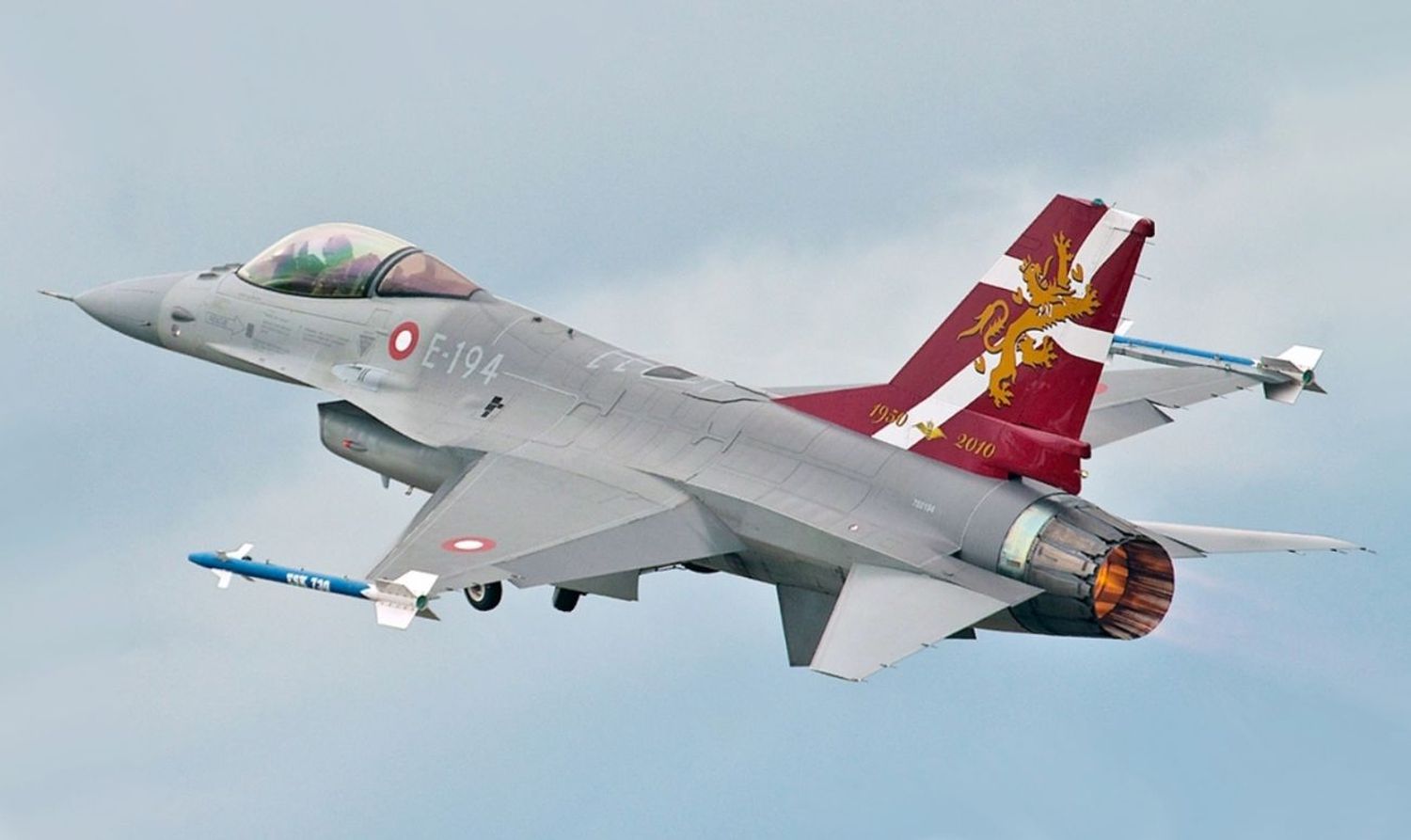Definitely not the JF-17: Javier Milei will stop and review all military equipment purchase agreements signed by the previous government.
The elected President of the Argentine Republic, Javier Milei, has reportedly instructed the freezing of all military equipment agreements carried out by the Ministry of Defense during the administration of President Alberto Fernandez, among which are the plans for the acquisition of a supersonic fighter squadron.
Since Milei has stated on several occasions that he will not promote relations between the Argentine State and China, it can already be taken for granted that the Sino-Pakistani JF-17 Block III fighter will be out of consideration for a future purchase.

According to the newspaper El Cronista, citing sources close to the elected president, it was reported that the new authorities of the incoming government will look closely at each of the agreements that the Minister of Defense, Jorge Taiana, intends to leave in place for the re-equipment of the Armed Forces. This includes technical studies for the purchase of a new submarine and the construction of a polar ship for the Navy; the Army’s armored modernization plans; and the extremely delayed acquisition of supersonic aircrafts for the Air Force.
The idea would be to stop and review in «extreme detail» each one of the agreements that the Ministry of Defense will leave in place for the acquisition of equipment for the Armed Forces, as part of a larger plan of auditing the administration of Alberto Fernandez.
Apparently, since the agreement with Norway has already been signed, the acquisition of the four P-3 Orion maritime patrol aircraft would be safe.
The eternal waiting of the Argentine Air Force
After visits, consultations, negotiations and flight tests, the government of Alberto Fernandez passed without having made a decision regarding the recovery of the supersonic capability of the Argentine Air Force (FAA), an exasperating trend that has been sustained, government after government, since the end of the 1990s when Washington offered a batch of F-16s under advantageous conditions to its Major non-NATO ally.
Since then, the Argentine Ministry of Defense and the FAA have witnessed a parade of proposals for supersonic fighters such as the Israeli Kfir, the Spanish Mirage F-1, the French Mirage-2000, the South Korean FA-50, up to the current tern consisting of the Sino-Pakistani JF-17, the Indian HAL Tejas and the Danish F-16 MLU.

Years, governments and proposals go by, but Argentina still lacks supersonic interception capability. Budgetary restrictions have always been pointed out as the main culprit for this eternal delay, but no one is blind to the fact that in reality, the blame lies on a constant lack of political will, since buying and operating a single squadron of any of the above mentioned models would not represent a significant impact on an economy the size of Argentina’s. In retrospect, we could well point out that the lack of investment in defense is one of the best maintained state policies in Argentina in the last decades.

Assuming that the acquisition of a supersonic multirole fighter for the FAA finally takes place during Javier Milei’s presidency (and do not start the whole process from scratch, producing the same results), and given his clear political alignment with the US and Israel, there is little doubt that the US offer for the Danish F-16 will be prioritized over the Indian one, and that Chinese military equipment will have no place in the Argentine Armed Forces. The Air Force will have to keep waiting and dreaming for a better future.


Comentarios
Para comentar, debés estar registrado
Por favor, iniciá sesión